If you are thinking of getting a horse, you have two basic options. Either you can purchase a horse, or you can lease one. Not sure what to do? One thing that can help you to decide is to familiarize yourself with the benefits and drawbacks of leasing a horse.
Pros of Leasing a Horse
Below, we will explore both the pros and cons in detail. Ultimately, you will discover that whether the advantages outweigh the disadvantages depends primarily on your individual needs and goals. First, let’s start by going over the advantages of leasing a horse.
If you are just getting interested in owning a horse or leasing one, then you may benefit from these things you should know before getting a horse. Some great tips and considerations before making that leap.
1. You can choose the type of lease that works for you.
You can lease horses on a part-time or full-time basis. If you lease a horse on a full-time basis, you and you alone will be the rider. But if you lease one on a part-time basis, the horse will have other riders as well.
Consider your finances, how much time you have available, and how much responsibility you want to take when you decide on a type of lease. But the very fact that there are multiple options means that leasing a horse is flexible for your lifestyle and budget.
2. There may be fewer financial responsibilities to worry about.
Depending on the type of lease you choose, there may be far less for you to deal with when it comes to financial obligations than you would have to concern yourself with if you owned a horse outright. You will need to check the details of a lease carefully to find out what the owner pays for and what you pay for.
If you want to keep your costs to a minimum, look for a lease that only requires you to pay a flat fee. This will give you the agreed-upon access to the horse, but the owner will pay for the horse’s expenses. If you want to enjoy the benefits of having an assigned horse you can ride, but you could not afford to buy one right now and pay for all of its upkeep, this option allows you to enjoy the equestrian lifestyle on a budget.
Not sure why this is important? Check out how much it costs to own a horse. You might be surprised at how fast it adds up.
3. You may be able to take the horse off of the owner’s property.
Some leases give you options as far as getting off the owner’s property. You might, for example, be allowed to take the horse to a show. You might even be able to move the horse to a different barn.
Indeed, that might happen if, for example, the owner could sell the horse but is not ready to part ways with it yet, so they are leasing it instead.
4. The commitment is a temporary one.
When you buy a horse, you are committing to take care of that horse for the rest of its life, or until you decide to sell it. Some horses may be hard to sell, especially if they have health problems when they get older.
A horse can live as long as 30 years. That is a major commitment! You are not just committing to spending time with the horse and paying its bills, but essentially sharing a huge part of your life with it.
If you are not ready for that commitment or do not want to make it at all, leasing a horse is a much more sensible option. Leases are temporary, and when they expire, your commitment is over.
5. Short and long leases are available.
Something else nice about leasing is that lease terms can range quite a bit. You might be able to lease a horse for just one month if you want. Or, you could pay for an annual lease. The different lease terms often include different payment schedules as well.
So, you can pick a lease term based on both (1) how long you expect to want to ride that horse and care for it, and (2) how much you can afford to pay at that time. You might even be able to lease a horse for a month to decide how you feel about it, and then pay for a year after that.
6. Some lease programs let you ride more than one horse.
Usually, when we think about leasing a horse, we think about leasing a specific horse. But just as there are leases that are not exclusive to one rider, there are also leases that are not exclusive to one horse.
If you want to try caring for and riding a variety of different horses, there are lease programs that offer that opportunity. You might do this to gain more experience or to figure out what you are looking for in the horse you will buy in terms of temperament, breed, etc.
There are four common horse breeds that you will likely see, but leasing might give you a chance to get to know numerous options that you might not be able to afford to buy otherwise.
7. Even if you cannot afford to buy a horse right now, you might be able to afford to lease one.
You may have nowhere near the budget you would need to purchase a horse at this time and start paying for all of its expenses.
But you might not need to stretch your budget too much or at all to afford to lease. Having the chance to build a relationship with a horse and continue to advance your skills as an equestrian even without a lot of cash to draw from gives you the means to keep doing what you love.
8. Leasing a horse is a way to test drive your abilities.
Think you are ready to own a horse? However skilled you may be, you might be surprised if you put your abilities (not to mention your stamina) to the test. This is a great way to learn how to avoid mistakes horse riders often make.
It is smart to lease before you buy and to pick the kind of lease that requires you to handle as many of the responsibilities of owning a horse as possible. You might discover you still need some work on your riding, training, or care abilities before you move forward with a purchase.
9. It helps you evaluate your real commitment level to owning a horse.
We talked already about how you might not be up for the commitment of taking care of a horse for many years. In such a case, leasing is an ideal alternative.
But what if you think you are, but you are just not sure? Leasing is the best way to truly evaluate whether you are ready for the day-to-day responsibilities involved in taking care of a horse of your own. If you find out it is still too much for you, you can either switch to a different lease that requires less responsibility, or you can try for a bit longer. Either way, at least you are not roped into a permanent commitment.
And if you do discover that the hard work involved with taking care of a horse is something you can handle, you can proceed with confidence in purchasing a horse of your own, without the anxiety you might otherwise feel.
10. If a particular horse does not work out for you, you can try a new one.
If you buy a horse and that horse does not work out for you, it puts you in an awkward situation. You either need to find a way to work things out with the horse, or you need to sell it and look for another that suits you.
But if you are leasing, you will not find yourself in such a predicament. Worst case scenario, you just need to wait until your lease expires, which will probably be around a year at the most. At that point, you can just lease a different horse that will hopefully work out better for you.
And if you have a lease with multiple horses available, you may be able to switch mounts right away without waiting for the lease to expire at all.
11. Ideal for individuals with a busier schedule or lifestyle.
Wouldn’t it be wonderful if you had all the time in the world to dedicate to life as an equestrian? Some people are lucky. They are well-off financially and do not have to worry about anything except doing what they love. That's not the case for most of us though. We have other obligations to attend to.
For example. you might work a full-time or part-time job that takes up the majority of your time. You also might have family commitments like children to take care of. You could even have other hobbies or projects that eat up a big chunk of your time that you are unable or unwilling to set aside.
Regardless, you shouldn’t have to give up on being an equestrian just because you have other obligations in your life—and with leasing, you don’t have to. You might never be able to take care of a horse of your own full-time, but you can lease one and continue to keep up with your other commitments.
In that way, leasing not only makes equestrianism more affordable but also makes it more accessible for people with a wide variety of lifestyles and schedules.
12. You can learn from leasing a horse with certain skills.
We have talked about how leasing horses allows you to try riding a variety of breeds and personalities so you can find out what suits you and what you are suited for. But another advantage of being able to try out a variety of horses is that you can deliberately choose horses that are trained in certain ways.
For example, let’s say you are just getting into jumping with your own horse. Think how useful it might be for you to try leasing a horse for a bit that is an experienced jumper. Learning the basics on the experienced horse may be safer, for starters. It also involves less work with respect to training and directing the horse itself.
That means you can focus more on your end of things. You also have the opportunity to learn from the horse itself. You can bring all of that back to working with your own horse on jumping afterward. Here are some of the best horse breeds for jumping sports.
13. If you are living somewhere temporarily, you can continue to enjoy being an equestrian.
Working a temporary job at a location far from home? Visiting relatives for an extended period of time? There are a lot of reasons you might be living somewhere for just a few months.
You might think you would need to sacrifice your equestrianism during that time period. But thanks to month-to-month horse leases, you don’t. You can keep riding and learning, and you can meet equestrians in a new location. It can be an excellent learning opportunity.
Cons of Leasing a Horse
Now that we have talked about the potential advantages of leasing a horse, let’s go over some of the potential drawbacks.
1. It may still be a very expensive option.
If you lease a horse for a flat rate and the owner takes care of all of the horse’s bills, your costs will be fixed, predictable, and stable. But if you choose a lease where you are the one who will be paying any or all of the horse’s bills, leasing can get to be expensive.
With some leases, you might even be responsible for paying a horse’s vet bills. There is nothing “wrong” with this type of lease, and if it is what you are looking for, then it is all fine. But paying a lot for a horse you do not even own can get to be tiresome. At some point, you might want to consider buying since you are already handling much of the financial burden of ownership.
2. Some leases do not allow you to take the horse anywhere.
There are leases that are very strict with respect to taking the horse to shows or events. They may be too restrictive in some situations. Of course, you can always keep looking for a lease that has terms that are more befitting your requirements.
3. You will spend money on a lease that you could be saving up to buy a horse of your own.
If you eventually plan to buy your own horse, you are going to need to save up money for the purchase cost of the horse along with all initial bills (i.e. the first visit to the vet and any treatments you might need, tack costs, stable costs, etc.).
It could save you months or years to save up that money, even if you are keeping your other living expenses to a minimum. While leasing a horse can give you valuable experience and insights as you are waiting to buy, it will also eat into the funds you are trying to save up for your purchase. You might end up needing more time to save before you can buy a horse if that is the case.
4. If there is damage or injury, you might be liable.
What happens if you are out riding the horse you leased, and the horse is injured (or at that rate, injures someone else, or damages property)?
You might think that leasing the horse rather than owning it provides you with protection in a case like this. After all, surely it is the owner’s responsibility legally and financially. If anything, do they not owe you some kind of a refund?
But whether it is the owner’s responsibility or your own depends upon the terms of the lease agreement. Indeed, with some leases, the entire financial or legal responsibility could end up resting on your shoulders.
Should that be the case, you will be paying any and all medical or legal bills associated with the injury or damage. And you certainly will not qualify for any sort of reimbursement.
You can avoid this situation, however, simply by making sure that you understand the lease agreement and that it covers these types of expenses if you are not comfortable paying them.
5. Leasing may cost more than owning in the long run.
We have talked about how leasing a horse can sometimes be expensive, depending on the exact type of lease you choose. We have also discussed how it can slow you down if you are saving up money to buy a horse of your own.
Another potential disadvantage with respect to lease costs is that if you end up leasing for a very long period of time, you could end up actually spending more money than you would have if you had purchased a horse.
So, if you have been leasing for a while, and owning a horse is or soon will be an option, you might want to sit down and evaluate your long-term plans, as well as the potential cost, outlays in either direction. You might be surprised by the conclusion you draw.
6. The owner could try to sell the horse—and not necessarily to you.
Let’s say you have been leasing a particular horse for some time, and you have a great working relationship with that horse. You are at the point where you could consider buying a horse, and if it were possible, you would want it to be the one you are leasing.
Then, the owner of the horse decides to sell it. You might expect the owner would ask you first if you would be interested in buying the horse.
But that will not necessarily be what happens. It is entirely possible but the owner of the horse already has a different buyer in mind, and never even talks to you about the matter save to let you know that the horse is being sold.
At best, this could be quite disappointing. At worst, it could end up being devastating, depending on how attached you have become to that horse.
Indeed, there could be cases where you might have been planning on leasing indefinitely, but the horse going up for sale would have been enough to compel you to make a purchase.
Thankfully, like quite a few of the other potential issues with leasing a horse, there are potential workarounds. There is a type of clause that can go into a horse lease contract called “first right of refusal.” If that clause is in the contract, the owner has to give you the first shot at purchasing the horse.
You might consider ensuring that such a clause is present in a lease contract in any of the following cases:
- You know you are in the market for a horse soon.
- You are competing with the horse, and are worried about it being sold while you are in the midst of events.
- You are becoming seriously attached to the horse.
So long as the clause is there, you should not have an issue. If you are in the middle of a lease without that clause and you want it put in, you can ask for it when it is time to renew.
You also can give the owner a heads-up if you are interested in buying the horse. That way, if they decide to sell, they know to consider talking to you. The last thing you need is to miss the opportunity because you simply did not think to mention it.
7. Like any lease, there can be consequences to pulling out early.
You probably know that if you have a rent contract at an apartment and you decide to quit the lease agreement early, you might end up having to pay the rest of the lease off.
If the terms of the lease agreement stipulated that, it is at the owner’s discretion whether to release you from that obligation or not.
The same is true when you are leasing a horse. So, say you take out a year long-lease on a horse. A few months in, you decide that horse is not suitable for you. If you decide to abandon the lease at that juncture, the owner may very well decide to charge you the rest of the year anyway.
If you prepaid the entire year in advance, that simply means that you will not be getting a reimbursement for the months you did not use. That is money down the drain. This is why we recommend that you consider a month-to-month contract to start out with a new horse if it is available before deciding to lease an entire year.
Of course, that option is not always available. Sometimes, you have to take a risk on a lease with a longer-term, even though you do not have experience with the horse.
8. You cannot control others’ actions with the horse.
While you will spend a lot of time with the horse you are leasing, ultimately, you will not be the only one interacting with it on a regular basis. The owner will be interacting with the horse and making decisions about it. So will any staff that may be on-site, as will any other riders permitted under the lease agreement.
Thankfully, equestrians tend to be conscientious folks. So, chances are good that the other people who are involved with the horse you are leasing will treat it well. But what if you run into a situation where that is not the case? What if you do not like the way someone else is treating the horse?
In some cases, this may just involve differences of opinion. In others, it could involve different ways of doing things (i.e. another rider’s training of the horse is disrupting your training of the horse and vice versa). In a few, it might involve abuses.
Regardless, the problem is that you do not own the horse, so ultimately, you are powerless to do anything about such issues. You cannot demand that the other party or parties behave differently, no matter how angry you are.
If you try to go to war with them about the issue, chances are good you will lose because they will either terminate your lease or simply not renew it. Such a situation also could end up souring your reputation within the community if they have more clout than you do.
If it is a situation where something is really wrong, it could also be deeply distressing worrying about the horse and knowing you probably cannot fix it.
9. The owner and you may not get along.
Another potential drawback that could result from leasing a horse rather than owning one is that you might have difficulties dealing with the owner.
In a lot of cases, leases are harmonious, and there are no contentions between parties. But that is not universally true. Think about times you rented an apartment and had run-ins with the landlord. Now imagine the same sort of scenario happening while leasing a horse.
Maybe your personalities clash. Or perhaps the way you do things and the way the owner prefers things is incompatible.
For example, one possible scenario might be one where the owner is a micromanager. They are deeply concerned with how are you are handling their horse at all times. As a result, they might constantly be getting into your business. They might request that you write detailed logs of your activities, or they might try to hover over you during vet appointments.
The thing is, technically, it is their business as well since it is their horse. If they insist on all of these things, you can’t very well tell them to stuff it. But dealing with them could become extremely tedious, and might even just drive you crazy.
If you are stuck with a long lease with someone like that, it could get to be a bit much, even if you like the horse a lot. The good news is that if you are early into a lease with such an owner, there is a chance they will stop micromanaging you after a couple of weeks or months.
After they get to know you and develop confidence in you, they are more likely to let you do your own thing and trust you with the horse. In particular, if they are new to owning a horse, they are probably going to be extra-involved. This is understandable. If you had recently bought your first horse and started leasing it out, you might well feel the same.
Horse Courses by Elaine Heney
- Listening to the Horse - The Documentary by Elaine Heney & Grey Pony Films
- Shoulder In & Out Training for better balance, bend & topline development with your horse
- Over 110+ Polework Exercises & Challenges to Download
- Dancing at Liberty & Creating Connection with Your Horse (11 lessons) - Grey Pony Films
10. You might fall in love with the horse.
Perhaps the biggest potential drawback of leasing a horse is the possibility that you will become emotionally attached to it. In and of itself, that isn’t really a bad thing, but in context, it can be problematic. Your attachment is bound to come with a lot of anxieties:
- You know that if the owner sells the horse to someone else or if for whatever reason you cannot renew your lease, the horse will be taken away from you.
- You may worry about how others treat the horse or about the decisions they make with respect to it.
- You might want to spend more time with the horse than you can according to the terms of your lease, depending on the type of lease.
- You may want control regarding vet appointments, feeding, or other aspects of care that you will never be able to control according to your lease agreement.
- You could find yourself investing in the horse in ways that are unwise (spending lots of money on buying it optional things, for example, even though you may soon be out of the picture).
Just having the knowledge hanging over you at all times that “your horse” is not really your horse can be hard to deal with. Sometimes these situations pan out okay. The owner might end up selling the horse to you at some point, and you get to live happily ever after.
But in most cases, the horse will probably never be yours, and heartbreak is likely on the way. Plus, you know that horses love you too, so what will it do to them as well as you?
Weigh the Pros and Cons of Leasing Before You Decide What to Do
We have now gone over the pros and cons of leasing a horse in-depth. There are a lot of great benefits that can come with leasing a horse. It is a chance to evaluate your skills and commitment, try different horses, learn new things, and enjoy equestrianism with less of an obligation with respect to time and money.
But leasing a horse can have disadvantages too. Costs can add up over time, you have much less control over circumstances, and you might end up forming an emotional attachment to a horse that can never be yours.
You will need to consider your needs and goals, and whether the pros of leasing outweigh the cons with respect to both.
If they do, leasing a horse might be the right choice for you. If you have never leased a horse before, consider taking out a month-to-month lease to start with.
You can then sign a longer lease when you are ready. Remember to read the terms with care. You can avoid a lot of potential pitfalls just by paying close attention to the fine print.




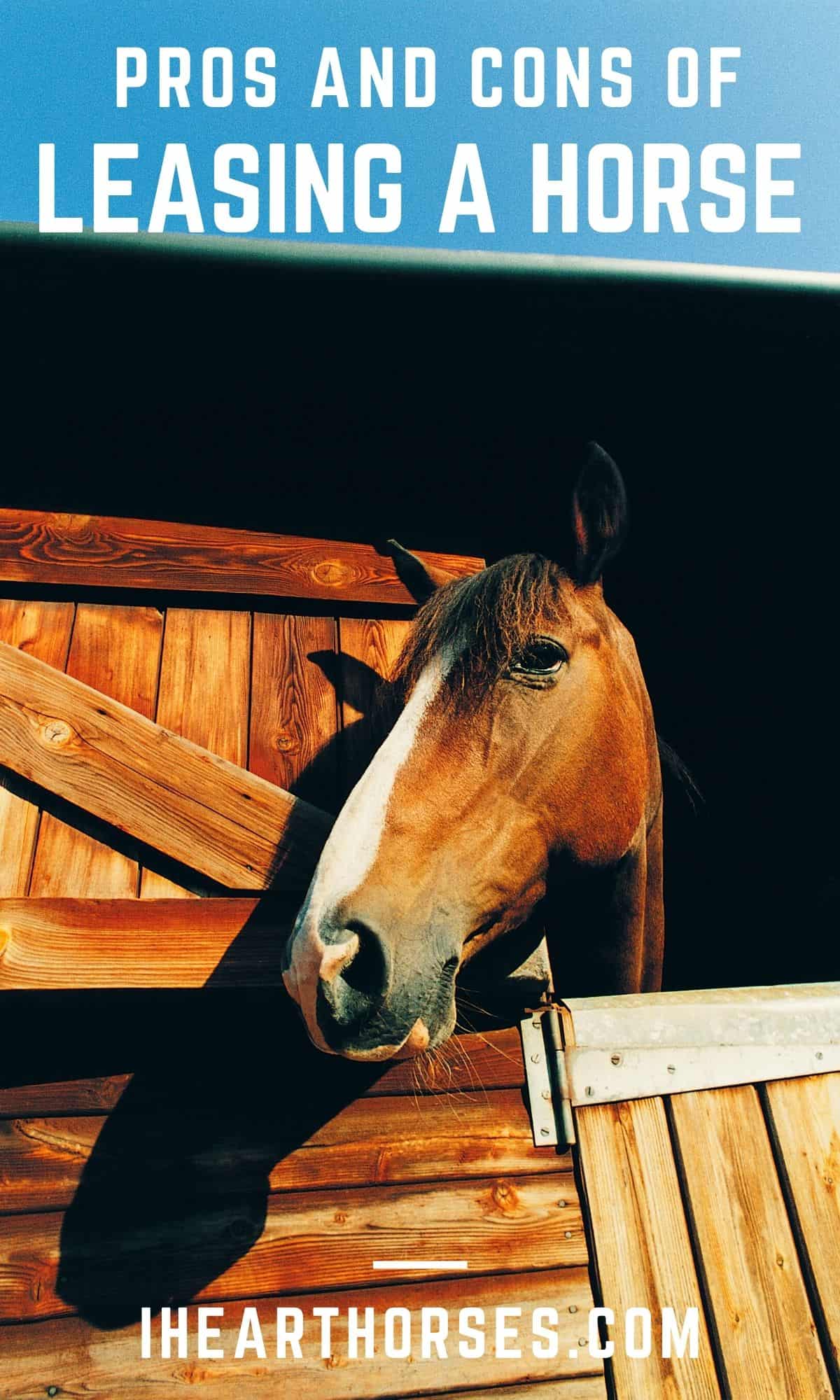
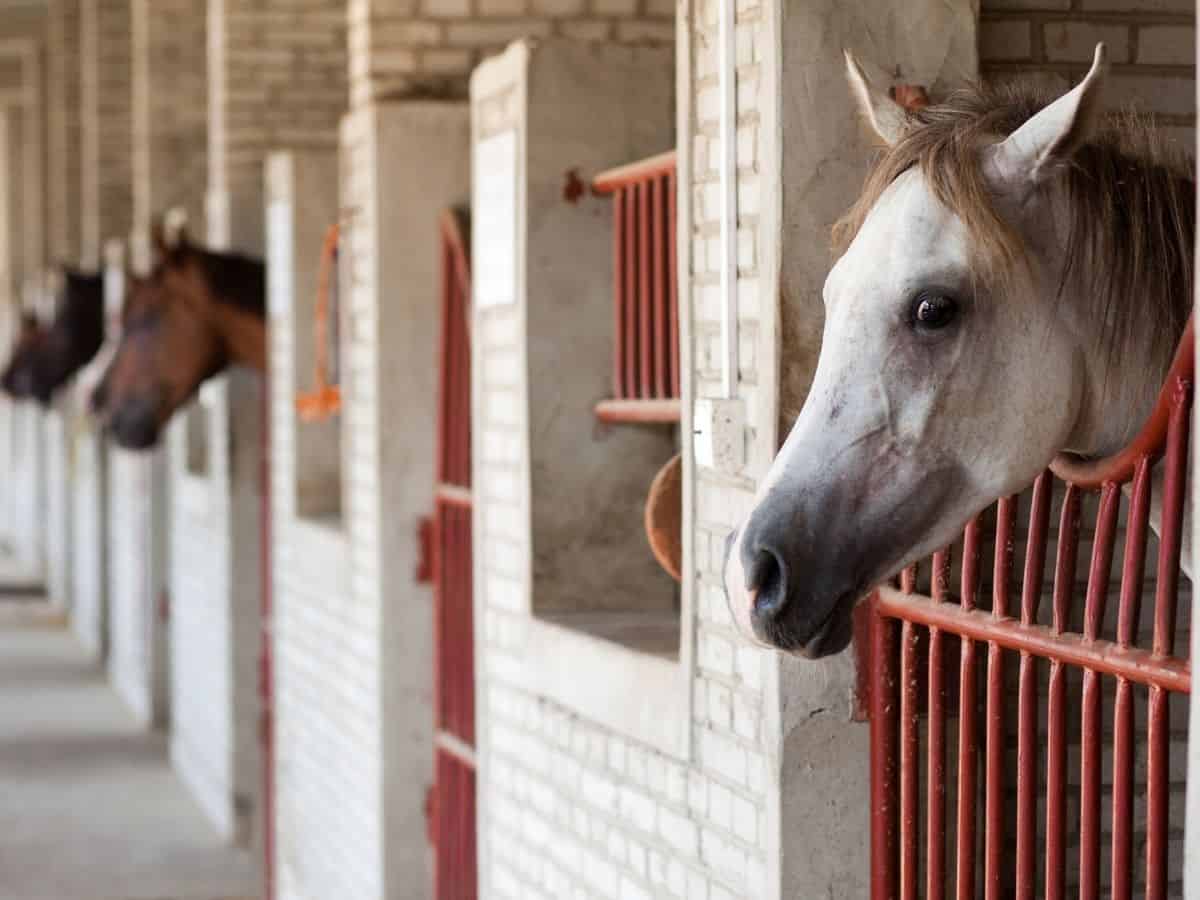
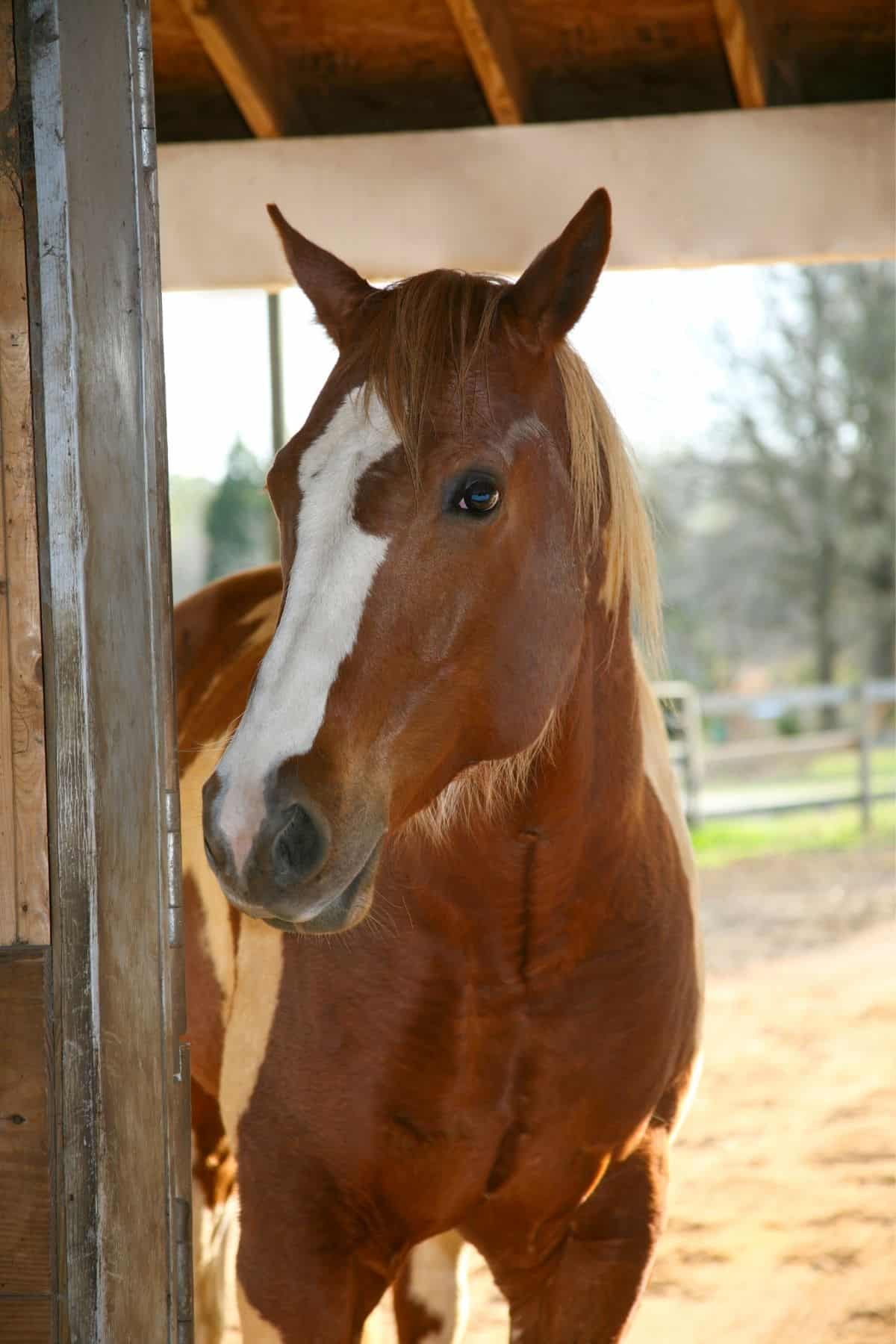
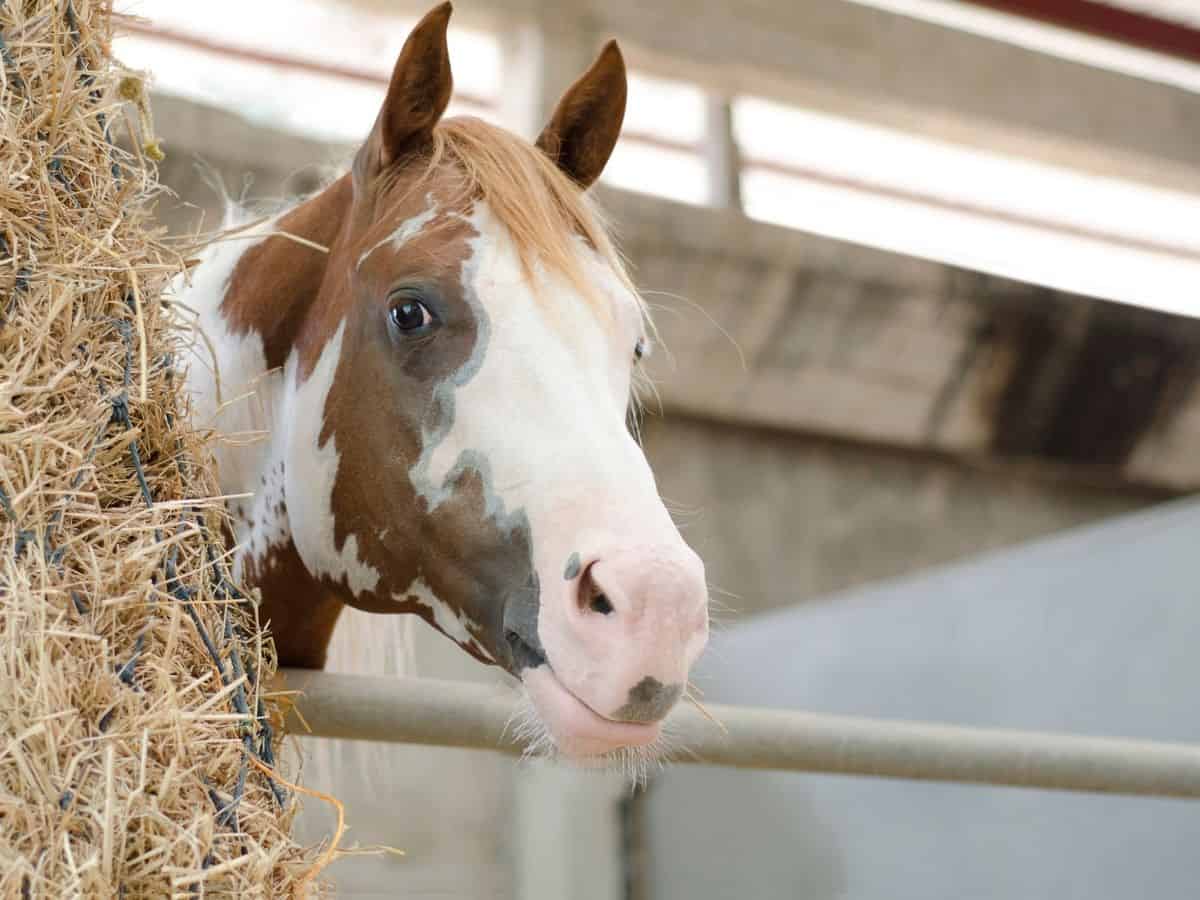
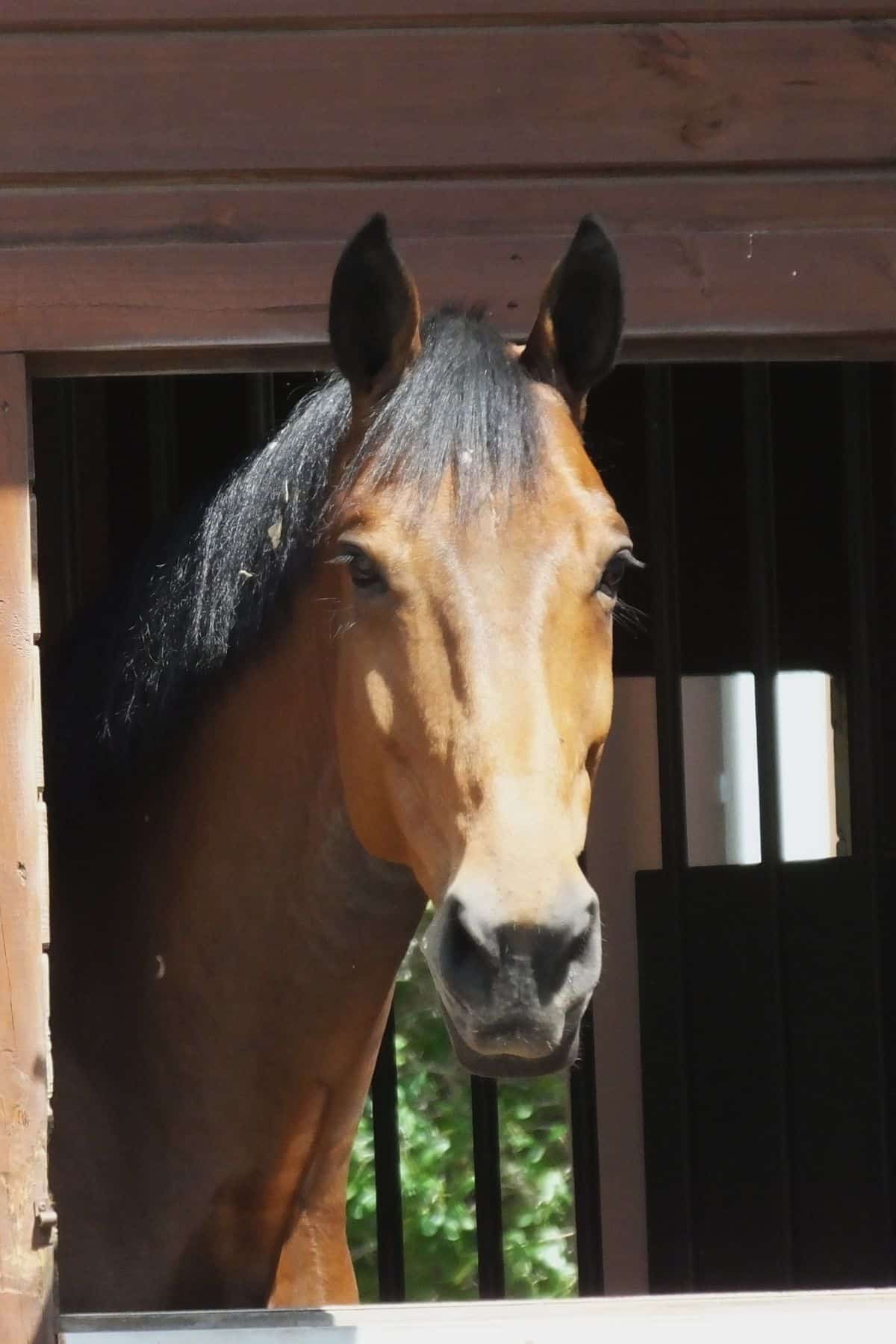
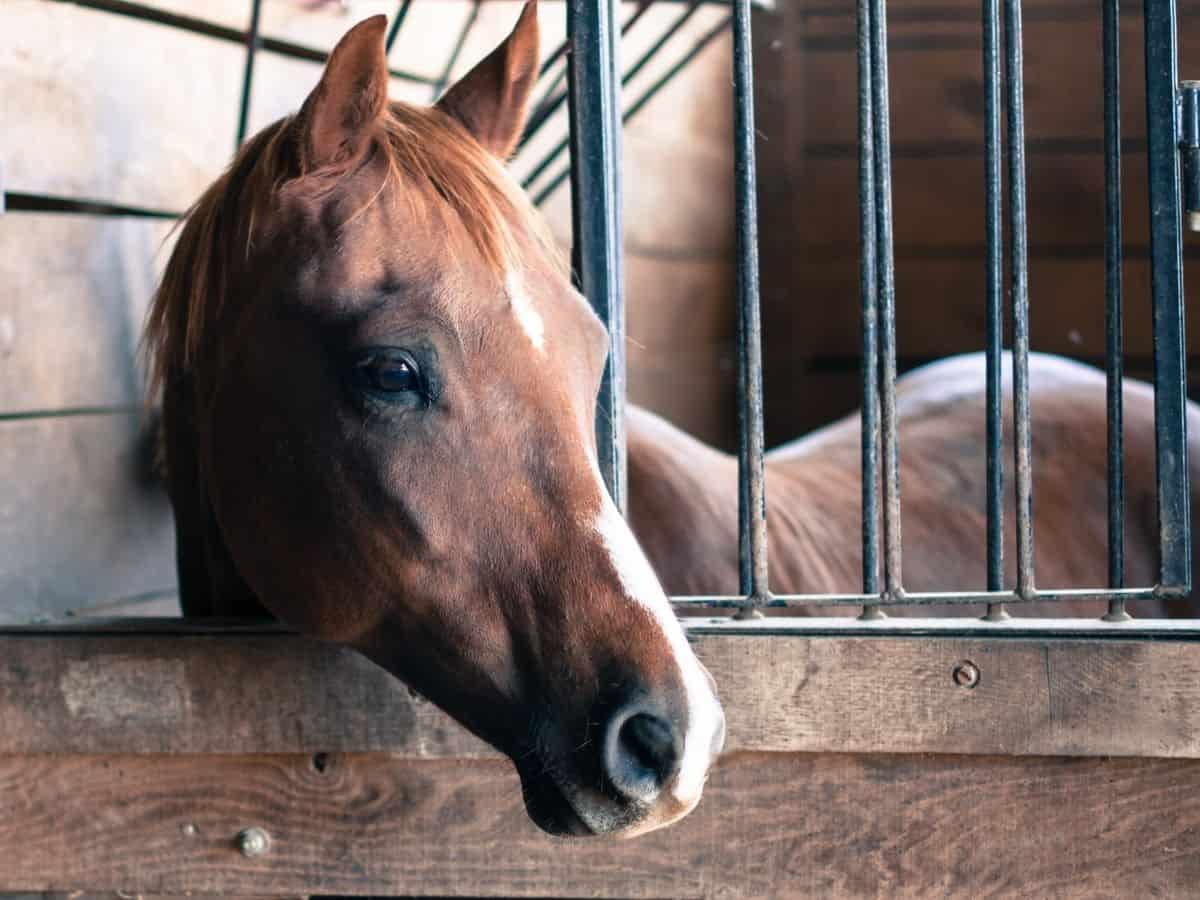
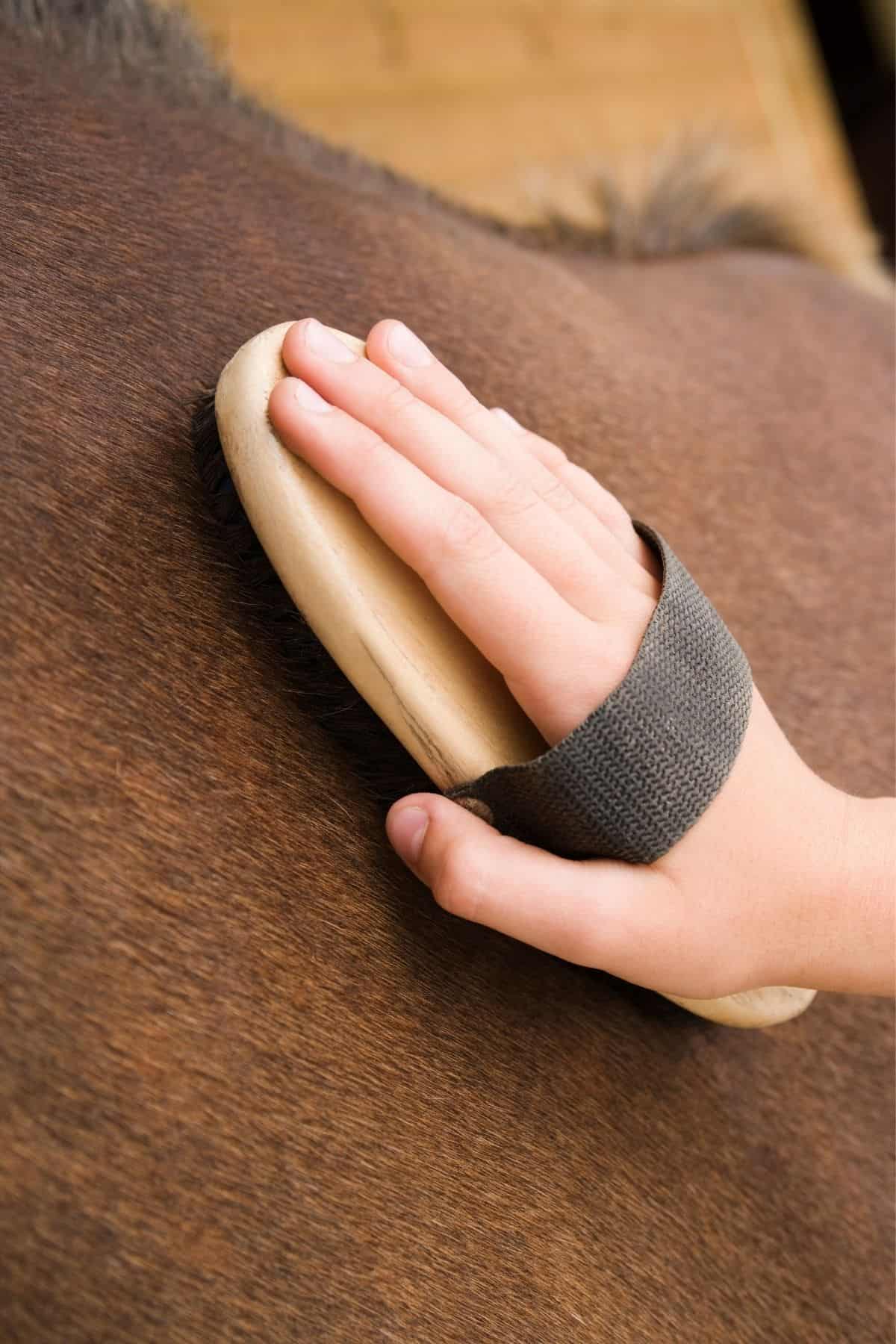
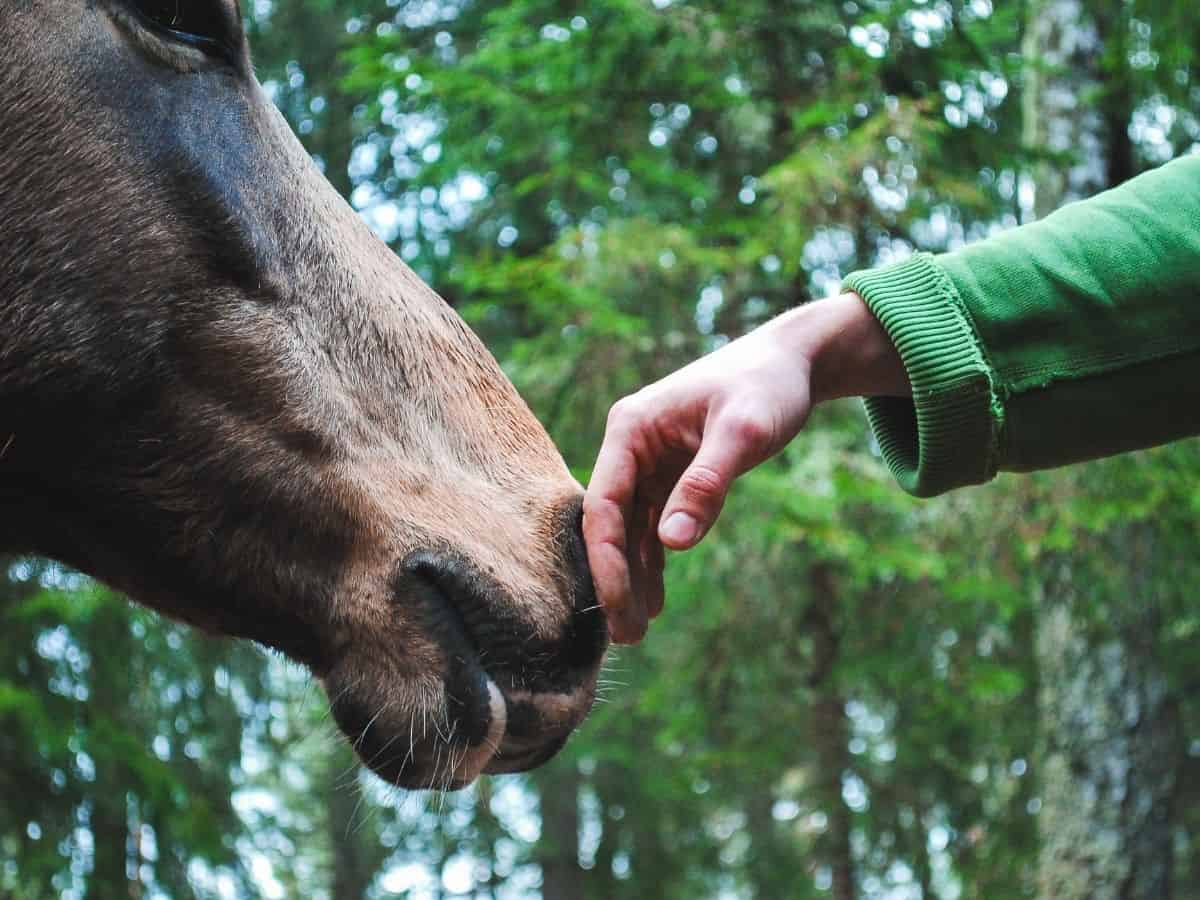
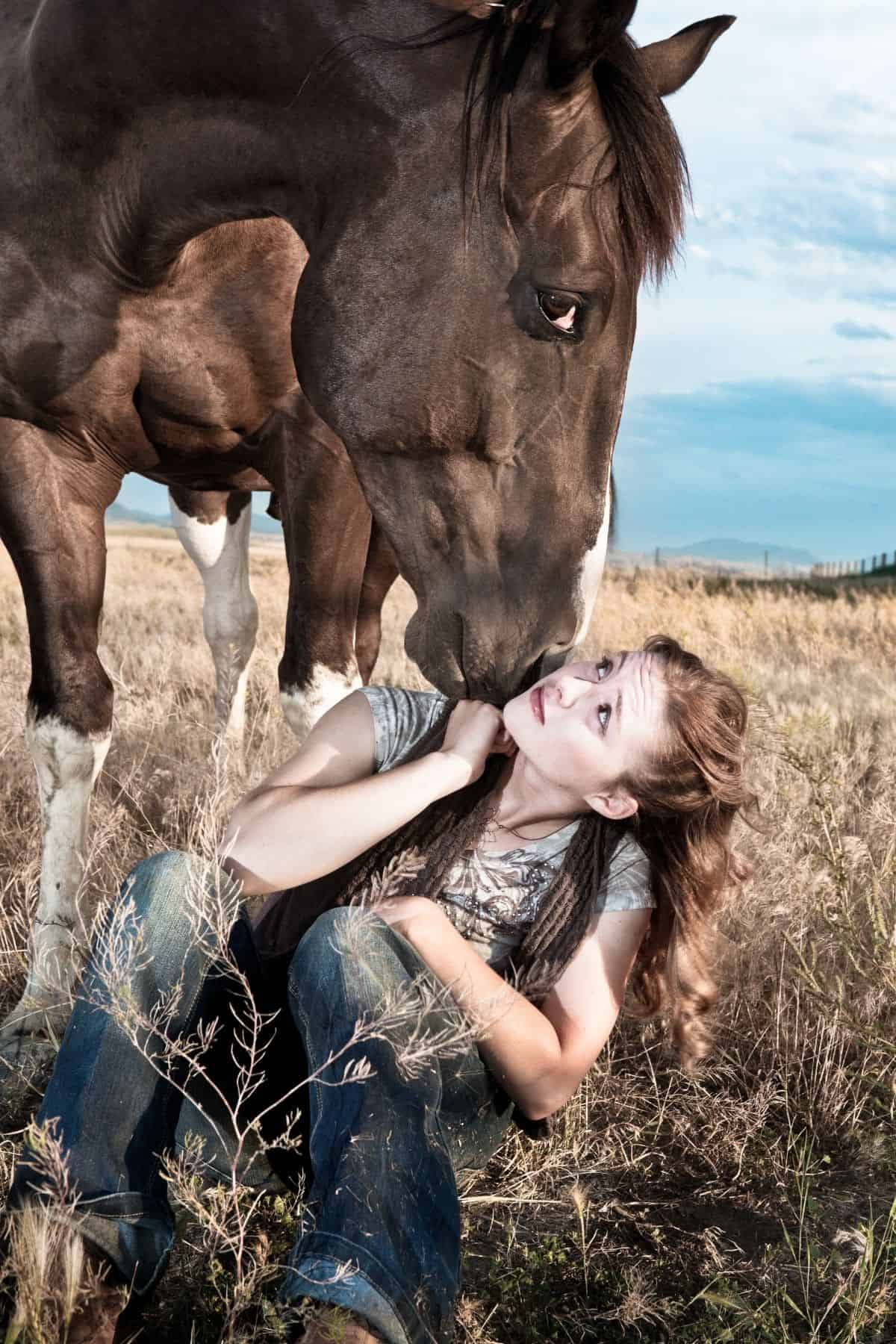
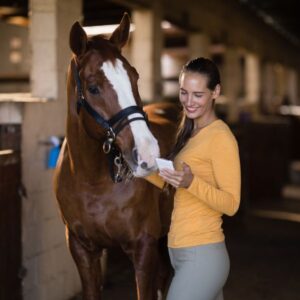



Leave a Reply